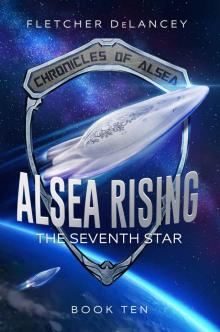 Alsea Rising: The Seventh Star (Chronicles of Alsea Book 10)
Alsea Rising: The Seventh Star (Chronicles of Alsea Book 10) Far Enough
Far Enough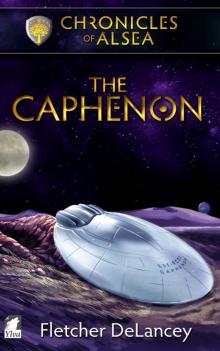 The Caphenon
The Caphenon Catalyst
Catalyst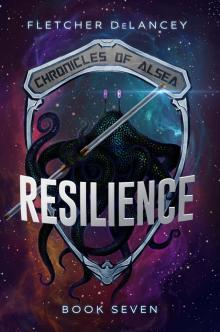 Resilience
Resilience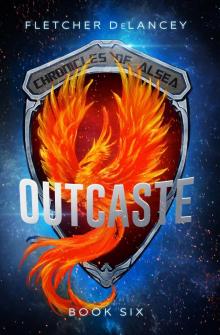 Outcaste
Outcaste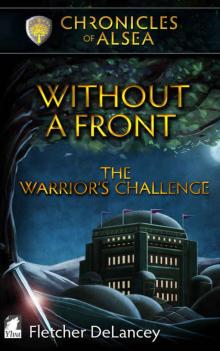 Without a Front: The Warrior's Challenge (Chronicles of Alsea Book 3)
Without a Front: The Warrior's Challenge (Chronicles of Alsea Book 3)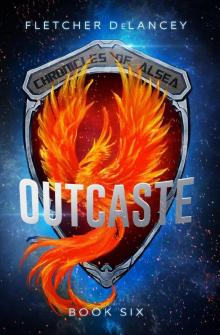 Outcaste: Book Six in the Chronicles of Alsea
Outcaste: Book Six in the Chronicles of Alsea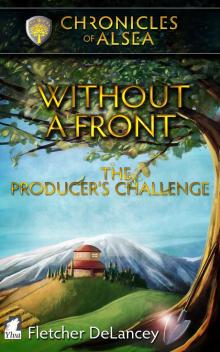 Without a Front
Without a Front Do You Feel What I Feel. a Holiday Anthology
Do You Feel What I Feel. a Holiday Anthology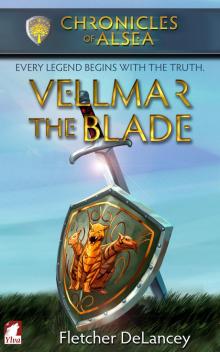 Vellmar the Blade
Vellmar the Blade Mac vs. PC
Mac vs. PC